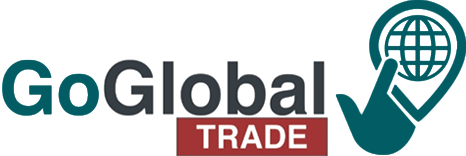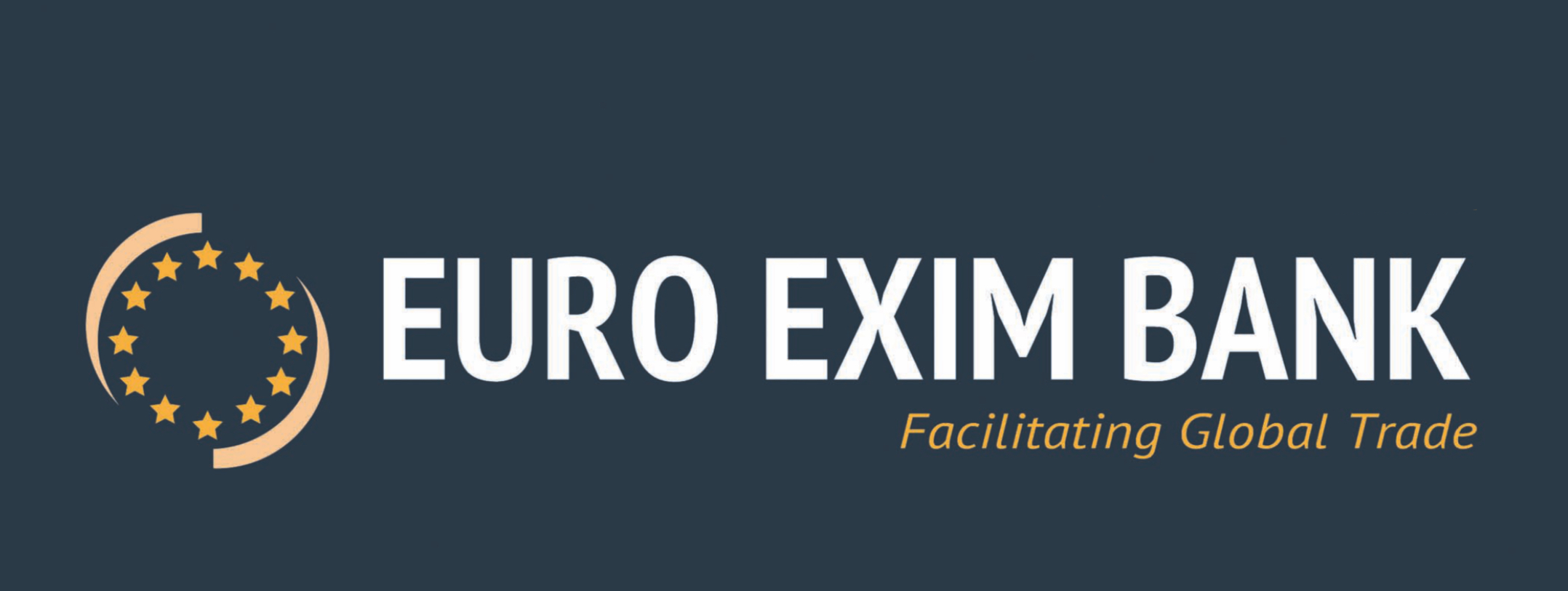Digital Trade
Digitalisation increases the scale, scope, and speed of trade, allowing firms to bring new products and services to a larger number of customers globally. It also enables firms, notably SMEs, to use new and innovative digital tools to overcome barriers to growth and making trade faster, safer and cheaper.
GoGlobal Trade advises corporates and governments on how to implement digital trade flow in an inclusive and technology neutral manner where data can be managed and accessed by all.
BENEFITS INCLUDE:
Examples of improving the overall digital economy through Innovation, building efficiency and creating sustainability in the Public & private sectors include
GOVERNMENT ADVISORY
We advise governments on addressing digital trade with how to implement programmes that will process digital and paper in parallel, making the transition to digital seamless for all parties involved in trade.
ELECTRONIC TRADE DOCUMENTS
In ‘How is Digital Trade Currently Governed’ Douglas Lippoldt recalls a 1998 OECD publication that “famously stated” that “Open Markets Matter.” He continues with an observation that remains a cornerstone of economic theory; “the historical record confirms the economics that have established liberal market access for trade and investment in the period since the Second World War have tended to grow more rapidly than those that remained relatively closed.”
At GoGlobal, we believe the same. Yet today many are aware of how changing national priorities and unilateral trade policies threaten not only the balkanization of digital trade into competing power-blocs, but perhaps the existing post-war system of global trade itself.
This is why we believe a new architecture for Electronic Trade documents is not only critical, but inevitable. The question remains what technologies will be used, and how states can cooperate to usher in this transformation. As the percentage of digitally delivered and digitally ordered trade rapidly increases, we are also working towards new modalities through which to measure and empower a borderless digital economy of billions of people.
CERTIFICATES OF ORIGIN
One of the building blocks of international trade, the tied-and-tested Certificate of Origin (CO) remains a great paper based technology.
Digital can improve the CO; easier to issue, interoperable across jurisdictions, far harder to fake, with provenance of the document clearly visible on the blockchain. As such, a recognised regime in COs is a significant step towards protecting supply chains, speeding up global trade, and ensuring a harmonious rather than balkanized trading environment.
We are working with global leaders at the UN, European Union, UK, UAE and well known universities to lobby and advocate for new solutions in global trade, with digital COs as a key pillar.
AI
Many consultancies now offer advisory in Artificial Intelligence. Government departments are evolving their sophistication in this area, often in partnership with the private sector. GoGlobal differentiates itself by adopting a deep global perspective, working with experts in key jurisdictions such as the UK, USA, UAE, Singapore and China.
Our work focuses on the application of AI in government, enabling regulation and incentives for the private sector, defense and digital trade.
CYBERSECURITY
Technologies such as AI are making fraudulent impersonation on the Internet widely available, while Quantum computing may compromise high-level encryption in the future. A new attack surface is emerging which is not well understood.
Our work in cybersecurity engages diplomats, academia and large private sector cybersecurity firms in producing advisory, policy and technical reporting on the challenges ahead.



